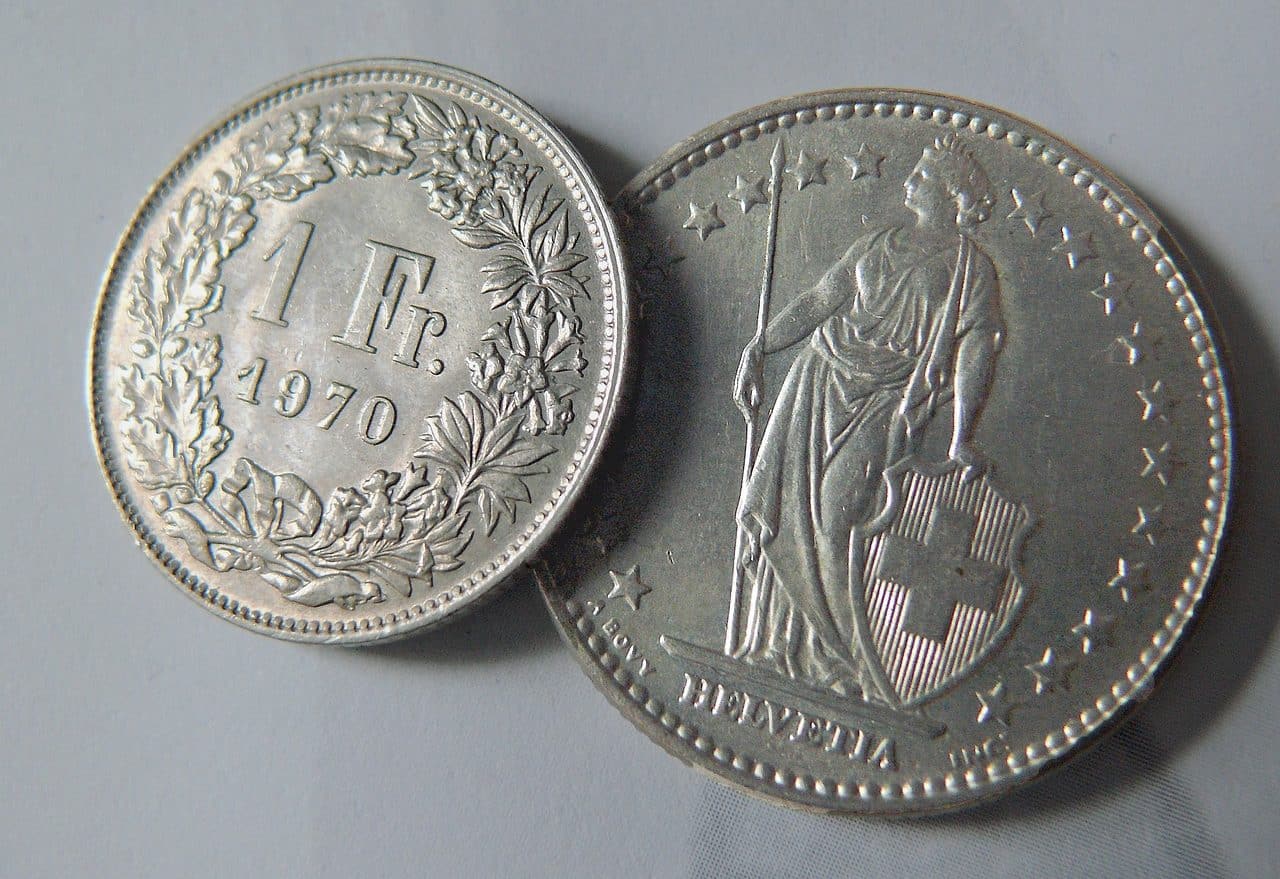
Someone frank is sincere and honest.
Franco is a term that can be used as an adjective , a common noun, a proper name, or even a surname. Meanings vary widely depending on context.
The concept, in this way, can refer to someone who is honest, straightforward, truthful and sincere when it comes to establishing a social bond with another person. For example: "I'm going to be frank with you: if the situation does not change in the coming months, I will be forced to close the business," "The doctor was frank with me and told me that if I don't take care of myself, I could have very serious complications." » , «It seems perfect to me that you marry Hugo: he is a frank and hard-working man» .
Another use of frank as an adjective is linked to what is obvious and does not raise any doubt or uncertainty : "The team's performance is clearly on the rise thanks to the incorporation of the North American reinforcement," "The victim experienced a clear improvement in his health. " and could be discharged in the next few hours .
Various uses of the notion
An area that has a tax exemption is also described as free: "The Japanese company has expressed its intention to establish itself in the free port located south of Cabo González," "Televisions are cheaper since they come from a free region .
Franco is also the currency of France and other nations ( "This product has a price of two hundred francs" ) and the compositional element that is associated with French ( "The Franco-Argentine player scored three goals in the last two games" ).
Franco, likewise, can be the first name (such as the Venezuelan singer Franco de Vita ) or the surname (the Spanish dictator Francisco Franco ) of a person.

The franc is the currency used in Switzerland.
The dictatorship of Francisco Franco
The period of Spanish history in which Francisco Franco held the presidency of the country is known by the names Franco's dictatorship or regime . The development of this disastrous stage for the Spanish began with the Civil War in 1936 and ended with the death of the dictator in 1975 .
Franco was a dictator with very conservative ideas, but without a very defined ideology ; two of his favorite concepts, on the other hand, were authority and order. He took several lessons from his models, Adolf Hitler and Benito Mussolini ; This can be seen, for example, in the fact that he called himself El Caudillo , with the intention of making his image more charismatic and approachable, and the creation of the National Movement at the beginning of the Civil War (a single party inspired by fascism ).
Regime Features
Let's look at some of the characteristics of Franco's dictatorship :
- Unlike other European countries, Spain experienced a regrettable economic backwardness that stagnated it, thanks to the policy of autarky .
- He concentrated all powers in the dictator (he dominated the legislative and executive branches, in addition to intervening in the judicial branch).
- There was no constitution. So that the presence of institutions did not limit his personal power, Franco based his mandate on a series of fundamental laws rather than a basic code .
- Political pluralism was denied since the only recognized party during the Franco regime was the aforementioned National Movement (its full name was Falange Española Tradicionalista y de las Juntas de Ofensiva Nacional Sindicalista ).
Franco 's regime was also characterized by ideological families, each of which faced political reality in its own way: the monarchists , divided into Carlists (in favor of conservative and Catholic traditionalism) and Donjuanistas (defenders of the constitutional monarchy existing before of the Second Republic); the Falangists , blindly faithful to the dictator; the Catholics , with the collaboration of Opus Dei and the National Catholic Association of Propagandists; the army , which provided brute force; and the pure Francoists , whose bond with Franco was unbreakable.
